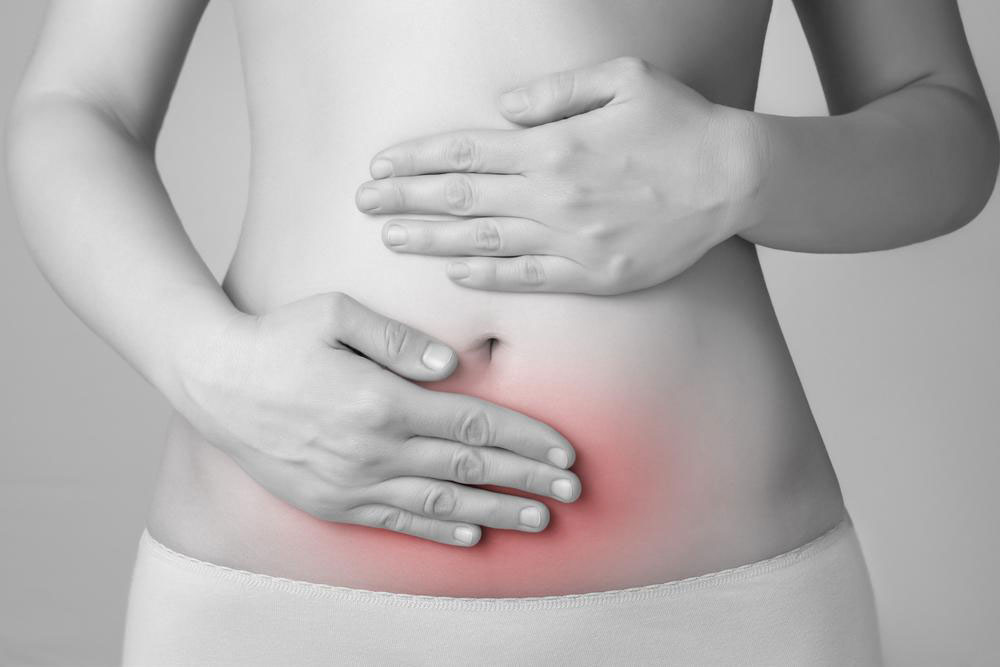Early Indicators of Pregnancy: Recognize the First Signs in the Initial Week
Discover the early signs of pregnancy in the first week, including fatigue, mood swings, light spotting, and hormonal changes. Recognizing these symptoms early helps in timely detection and planning. Consult your doctor for confirmation if symptoms appear.

Early Indicators of Pregnancy: Spotting the First Symptoms
Detecting pregnancy in its first week can be challenging, as initial symptoms often resemble PMS. However, certain signs may suggest conception has occurred. Recognizing these early signals can help you identify pregnancy sooner.
Here are common initial signs during the first week:
• Fatigue: A sudden, persistent feeling of tiredness may indicate pregnancy. Hormonal shifts during early pregnancy often cause fatigue.
• Mood variability: Sudden mood swings and heightened emotional responses can be early pregnancy signs due to hormonal fluctuations.
• Increased urination: A frequent urge to urinate can occur early on, caused by hormonal changes affecting kidney function, even before the uterus enlarges.
• Tender or swollen breasts: Hormonal adjustments may lead to breast soreness, heaviness, or sensitivity, which are common early signs.
• Light spotting: Slight vaginal bleeding or light periods could be due to implantation when the fertilized egg attaches to the uterine lining.
• Nausea and morning sickness: Feelings of nausea or queasiness can appear early, lasting through the first trimester.
• Digestive issues: Constipation, bloating, and gas are typical, caused by increased progesterone levels affecting digestion.
• Headaches: Hormonal shifts and fatigue can trigger headaches during early pregnancy.
• Unusual food cravings: Sudden desires for specific foods or hunger at odd hours can signal pregnancy.
If you notice any of these symptoms, consider taking a home pregnancy test or consulting a healthcare professional for confirmation.
Note:
Our blog provides practical information across various topics. While research and data aim to inform, they shouldn't replace medical advice. The website isn't responsible for inaccuracies or data differences across sources. Also, some promotional schemes may not be included that could be beneficial for readers.










